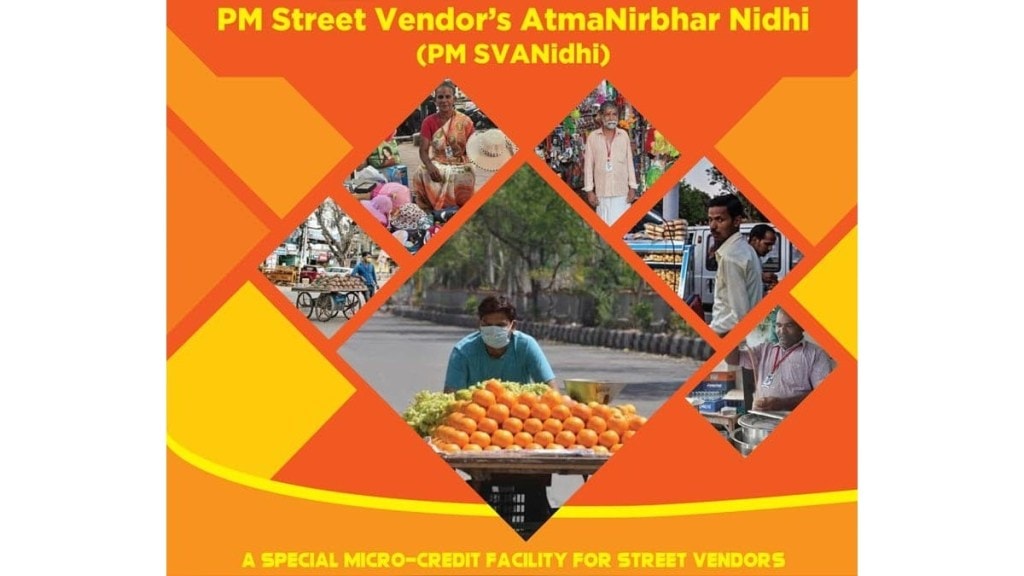The Centre will soon launch the PM SVANidhi Scheme 2.0, to provide working capital loans of up to Rs 50,000 with an interest subsidy of 7% per annum to street vendors and UPI-linked credit cards with a limit of Rs 30,000, official sources told FE.
PM SVANidhi was launched with the aim to facilitate collateral-free working capital loan to street vendors to restart their businesses, which were adversely impacted by the COVID-19 pandemic. As of March 31, 2025, 68 lakh street vendors cumulatively got loans worth Rs 13,792 crore through the scheme.
Under PM SVANidhi Scheme 1.0, government was incentivizing regular repayment of loans through an interest subsidy of 7% per annum and rewarding digital transactions, by way of cash back upto Rs 1,200 per year.
The extant scheme ended on March 31, 2025. In the budget for, the government announced a revamped scheme for the street vendors.
“The Expenditure Finance Committee (EFC) is expected to approve the revamped scheme soon. It will be launched thereafter,” an official said. EFC is chaired by the expenditure secretary in case of all schemes of the Central Government where the budgetary allocation is in excess of Rs 500 crore. The revamped scheme will likely be co-terminus with the 16th Finance Commission award period ending FY31.
In addition to the interest subsidy that they were getting under SVANidhi 1.0 for loans upto Rs 50,000, vendors will get RuPay credit cards with Rs 30,000 limit revamped version.
Street vendors who successfully repaid their first loan of Rs 10,000 were eligible for a second loan upto Rs 20,000. Upon repayment of the second loan, vendors could avail a third loan upto Rs 50,000.
The scheme aims to formalize the street vendors and open up new opportunities for this sector to move up the economic ladder.
Street vendors represent a very important constituent of the urban informal economy and play a significant role in ensuring availability of the goods and services at affordable rates at the doorstep of the city dwellers.
They are known as vendors, hawkers, thelewala, rehriwala, theliphadwala, etc. in different areas/ contexts. The goods supplied by them include vegetables, fruits, ready-to-eat street food, tea, pakodas, bread, eggs, textile, apparel, footwear, artisan products, books/ stationary, etc. The services include barber shops, cobblers, pan shops, laundry services, etc.

